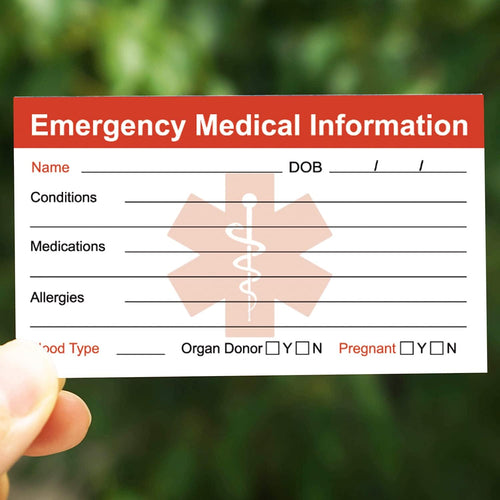
5 Effective Tips for Managing Hypoglycemic Episodes

Bake the best cakes without the cakes.
Super amazing nice
Add optional emergency protection — ideal for seniors 65+



Bake the best cakes without the cakes.
Super amazing nice